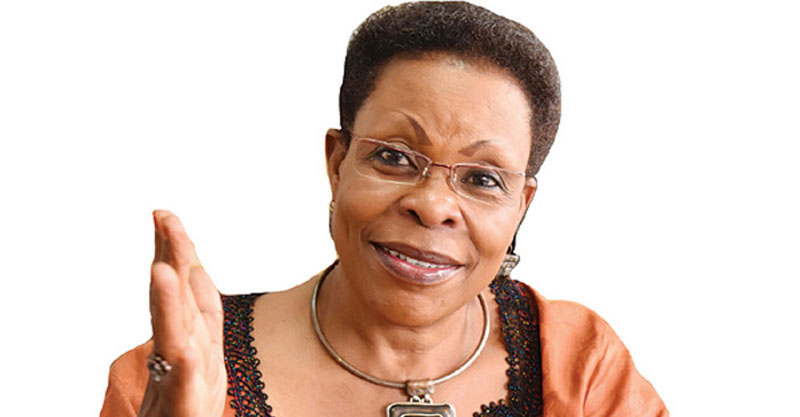Tax guidelines recently issued by Kampala Capital City Authority (KCCA) and the Local Government Ministry have divided players in the taxi business.
KCCA has given players an option of paying one lump sum of Ushs1.2million to take care of all the operational levies.
The new guidelines further require that each commuter taxi pays Ushs120,000 every month coupled with a daily parking fee of Ushs 20,000 in gazetted parking areas.
But Uganda Transport Union (UTRADA) headed by Mustafah Mayambala, has vowed to defy the new guidelines saying they are extortionist and go against President Yoweri Museveni’s directive to KCCA to consolidate the tax regime.
“We are going to fight to the last man until we shall fail those taxes being pushed by KCCA and the Ministry of Local government in conjunction with the Kampala minister Beti Kamya. This is because they are contravening a directive president Museveni issued in July abolishing multiple taxation to the relief of taxi operators and owners,” said UTRADA’s chairman Mustafah Mayambala.
He added: “The president has offered to all Ugandans opportunities to get rich via the Operation wealth Creation. And I dare say this is Operation Wealth Creation to us as players in the taxi business and that is the reason we are not going to sit and watch as it is being high jacked”
In a joint meeting held at Old Kampala Secondary School, players subscribing to UTRADA vowed never to backtrack on that position even at the point of being forced to hang up their tools indefinitely.
On the other hand, the Kampala Operational Tax Stages Association (KOTSA) have expressed gratitude for the new taxi regime which they say has eased the burden taxi operators and owners have been carrying previously.
“We are all aware of the communication that President Museveni issued to the Prime Minister directing him to ensure a consolidated annual tax but we are at the same time appreciating the argument held by the line ministers in conjunction with KCCA reasoning that much as the president’s proposal is good news to our ears, it is not practical,” KOTSA Chairman Yasin Ssematimba told The Sunrise.
Dismissing UTRADA as “mere attention seekers”, Ssematimba argues that the consolidated annual tax they (UTRADA) is advocating for to be paid in one lump sum is not likely to make life any easier.
In a press Confrence held at the Uganda Media Center held by the two line Ministers last Monday, Beti Kamya accused UTRADA of misinterpreting the President’s letter to the Premier as one that exempted them from paying taxes.
“The President never said taxi drivers should stop paying taxes; he only asked KCCA and other urban councils to come up with an annual amount so that a taxi can be taxed at once instead of paying per day,” Kamya said, adding that: “The drivers who have been claiming the President abolished the taxes and have been refusing to pay are doing it against the law, and should be guilty of sabotaging a government initiative which she argues will translate into loss of revenue.”
Kamya’s argument is shared by KCCA officials who have warned that the Presidential directive, if implemented as it is, will lead to the loss of UShs28bn of revenue from the transport sector alone.
On July 22, 2017 President Yoweri Museveni wrote to the Prime Minister, Dr Ruhakana Rugunda directing that government agencies shouldn’t overtax informal sector players, saying these groups should only pay annual licenses.
Copied to the Vice President, Finance minister, Local Government minister, minister for Kampala and the Auditor General’s Office, the letter directed that such people including taxi operators should pay only annual license fees as opposed to the daily dues.
“As far as taxis are concerned, it should again be one fee for an annual license. Once you have that license, you should operate without hindrance on the route for which, you were licensed for the whole year,” the letter reads in part.








